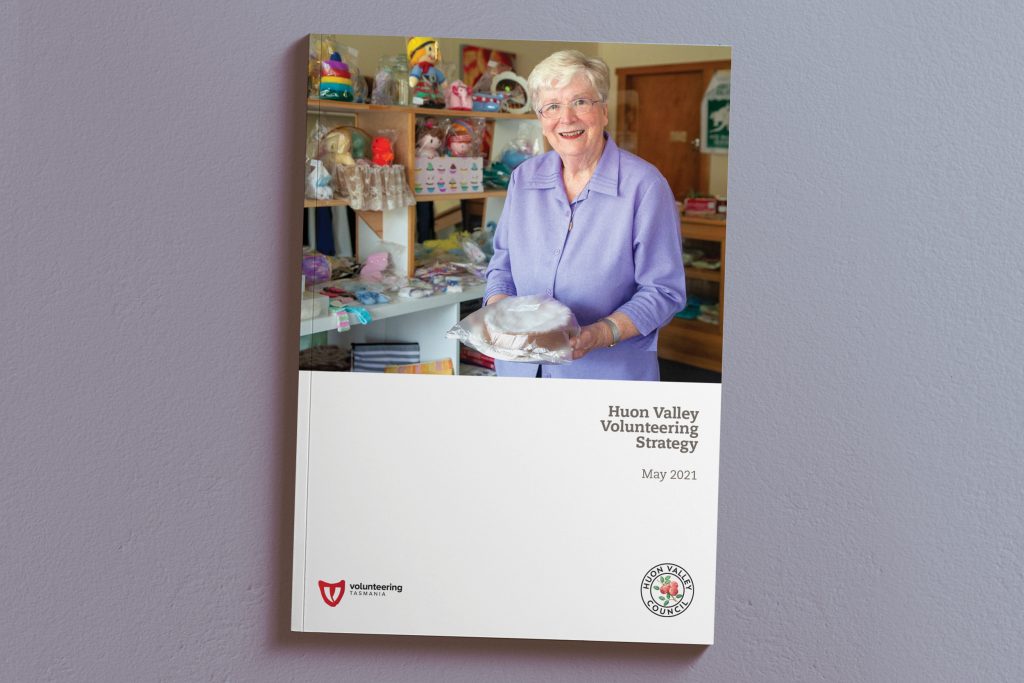The Huon Valley Volunteering Strategy has been endorsed by Council at the July Ordinary Council Meeting.
The strategy has been developed by Huon Valley Council in collaboration with Volunteering Tasmania and the local community. It recommends actions for the short and long term to encourage and support more people to volunteer.
BACKGROUND
In 2019 Volunteering Tasmania called for Expressions of Interest (EOIs) from all local Councils to be involved in their Safeguarding Volunteering in Tasmania project, which was funded by the State Government. Huon Valley Council submitted an EOI and was selected along with Clarence City Council and Devonport Council.
The aim of the project is to provide a comprehensive understanding of volunteering in Tasmania so that local Councils and their communities can implement strategies to build their volunteer capacity.
The development of a Volunteering Strategy was identified in Council’s Annual Plan 2020/21 to promote and support volunteering opportunities and community participation in the Huon Valley.
The development of a Volunteering Strategy aimed to include involvement from all community members, businesses, groups and schools, to ensure community ownership and achievable actions to increase volunteer participation in the Huon Valley.
The Huon Valley Volunteering Strategy identifies the key roles that the community and Council can play to safeguard the future of volunteering in the Valley. This Strategy examines future volunteering needs based on Tasmania’s volunteering trends and future demographics of the Huon Valley to 2029. It outlines key collaborative actions to be taken by the community and Huon Valley Council during the next ten years.
The aims of the Volunteering Strategy are to:
- Create a resilient and self-reliant Huon Valley community
- Encourage, support and engage volunteering in the Huon Valley
- Create easy pathways to volunteering
- Create an active and high-value volunteer community
The aims for the Strategy were explored resulting in the creation of seven specific focus areas each containing objectives and key actions. The seven key focus areas listed in the Strategy are not in order of preference and are numbered for reference purposes only.
The seven focus areas identified are:
- Demand for volunteers
- Collaboration and Culture
- Access to information
- Flexible, diverse and accessible volunteering opportunities
- Best practice volunteer management – organisational support
- Best practice volunteer management – volunteer recognition
- Youth participation


